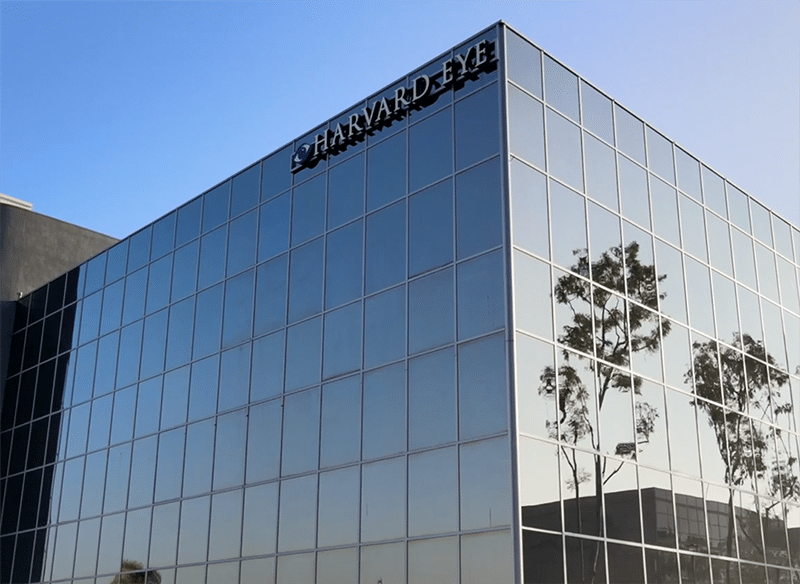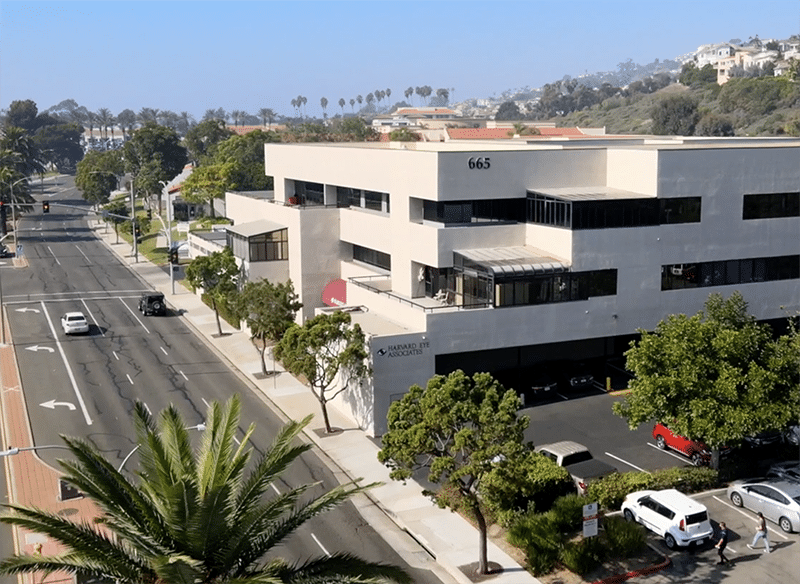 Correcting refractive vision problems such as myopia (nearsightedness), hyperopia (farsightedness), astigmatism and presbyopia has advanced beyond simple eyeglasses and contacts. Today, there are several vision correction methods for patients to consider. In Laguna Hills, your surgeon can help you to understand your options and help to select the best vision correction solution based on your individual needs. The following are common vision correction methods:
Correcting refractive vision problems such as myopia (nearsightedness), hyperopia (farsightedness), astigmatism and presbyopia has advanced beyond simple eyeglasses and contacts. Today, there are several vision correction methods for patients to consider. In Laguna Hills, your surgeon can help you to understand your options and help to select the best vision correction solution based on your individual needs. The following are common vision correction methods:
Eyeglasses: Wearing eyeglasses is an easy way to correct refractive errors. Improving your vision with eyeglasses offers the opportunity to select from different types of lens options, frame designs and even lens coatings for various lifestyles, occupations and activities.
Contact Lenses: Contact lenses are a popular alternative to eyeglasses. Soft contact lenses offer many convenient options including colored versions, bifocals and daily disposable lenses. Extended wear contact lenses can be worn for up to 30 consecutive days and nights without care.
LASIK: LASIK is the most popular form of refractive surgery, but there are now several other alternatives such as PRK, LASEK and Epi-LASIK. Harvard Eye Associates uses the latest laser technology and expertise to customize your procedure to your unique vision needs.
Natural Lens Replacement: Also known as refractive lens exchange or clear lens extraction, this procedure involves the removal of the natural lens within your eye and replaces it with an artificial lens, also called an intraocular lens (IOL). This allows your surgeon to provide you with a new lens that has improved focusing power, decreasing the need for glasses or contact lenses.
Phakic Lens Implant: In this procedure, the implanted lens is situated on top of the natural lens. It works by adding focusing power to your natural lens without replacing it. This procedure may be beneficial to patients who are extremely nearsighted.
To learn more about the vision correction methods we’ve discussed as well as other options, contact Harvard Eye Associates at 949-951-2020 or harvardeye.com.




